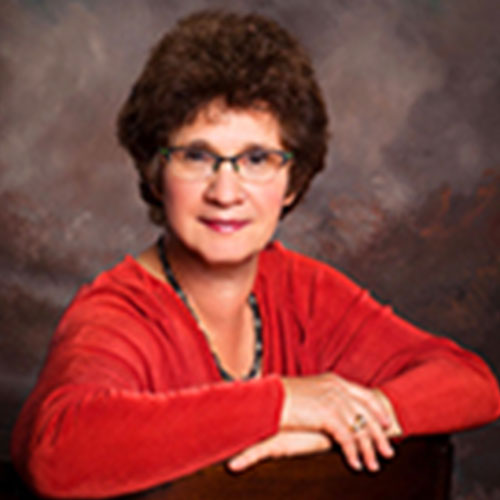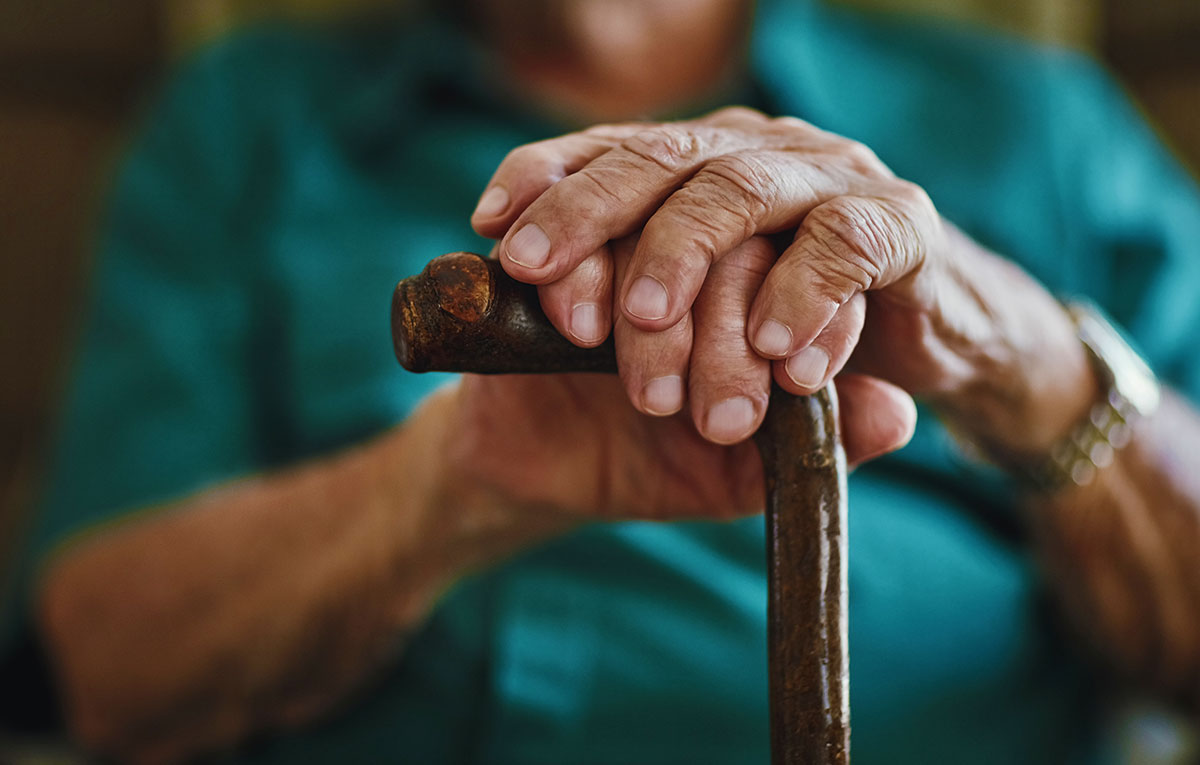The Conversation
This conversation is one we want to avoid because it always feels too soon until it’s too late. So what is this conversation?
It’s the conversation about end of life- a discussion you should begin for yourself and those you love whatever your age or medical condition. We all have thoughts about what we consider a “good death” or a “hard death.” While 90% of us agree that this end of life conversation is important, only 30% have had it.
While we “know” that we are mortal, and dying is a part of the human condition, it is never an easy issue to face. In the last 100 years, medical science has added 30 years to the average lifespan and has developed breakthrough options to prolong life. Yet, as Dr. Atul Gwande states at the beginning of his bestseller, Being Mortal, death is not failure.
We want to feel some measure of control over how we live and how we hope to die. Having this conversation is one way to begin, but requires you to think and evaluate what matters most to you.
April 16, 2015 is National Healthcare Decisions Day. This is the national initiative to encourage you to document your wishes with an Advanced Directive (Healthcare Power of Attorney and Living Will ). Although many of you may already have these documents, the conversation is theessential part of this end of life planning.. Most say that they don’t even know how to begin to think or discuss these difficult issues.
The Conversation Project is one place to start. Ellen Goodman, an award -winning journalist, began this project after trying to serve as her mother’s voice during the end of her life. The project offers a “Starter Kit” to download that will walk you through some of the important questions to begin to consider, including the following:
- How long do you want medical care?
- Who do you want involved in your care and to what degree?
- What are the three most important things you want others to know about your end of life wishes?
The Kit will also give you specific ways you might begin the conversation.
Clearly, our decisions and priorities change as our circumstances change, but we all must begin this conversation. Even if you want to avoid it, consider that those you love need to know what you want. Otherwise, they are put in a position to make decisions on their own, deal with possible conflicts between family members, or feel guilt about the decisions they have made during a time of uncertainty.
Death over Dinner.org is a grassroots organization now associated with the Conversation Project. It is another way to try and set the stage to have these conversations. We all know how many important discussions occur over the table at a meal. Consider hosting a meal for your friends or family to get the conversation started!
This conversation is NOT just for the old, sick, or frail. It is for EVERYONE—young adults, young parents, middle aged as well as the geriatric and elderly population. It has been called “Estate Planning for the Heart.”
As Ellen Goodman ended in her TED talk,
“Have you had the conversation?” Will you have the conversation?”

